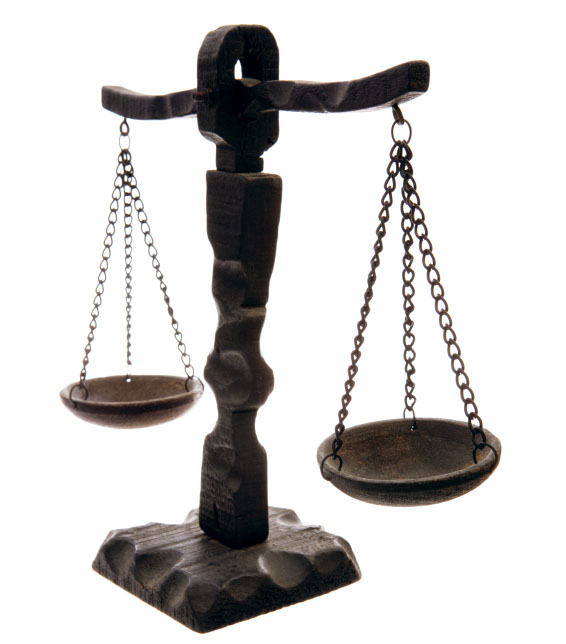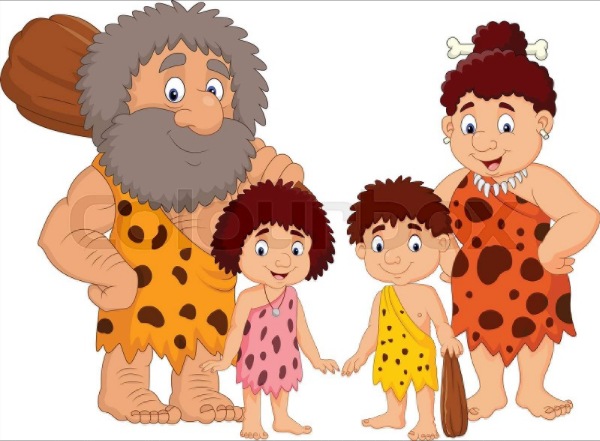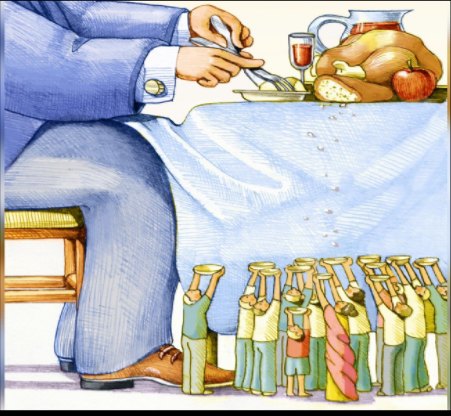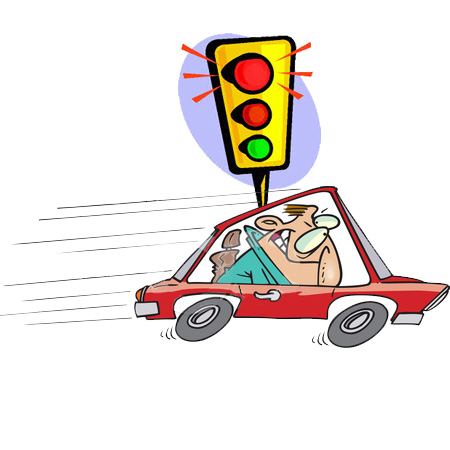 ‘The Law’ is our present way of thinking.
‘The Law’ is our present way of thinking.
As humans, we are an animal species, intelligent, but nonetheless, animals. Though our intelligence has done much to distinguish us in behaviour from other animal species, we however still harbour elements of our primal nature. As every other creature, we fear pain, suffering and death, from which we have developed a natural response to preserve ourselves from excruciating circumstances in our environments, at whatever costs. We seek to survive, even if other creatures must die. We seek food and shelter, even if we must dispossess other creatures. This way of thinking, for any animal species, is evolutionary and faultless, but for an intelligent species with the dream of a utopia, it has its drawbacks.
We did not create our human cultures. They evolved naturally from our understanding of how our environment works. Though intelligent, our understanding of our environment is still unintelligent as common creatures. We understand our environment as a place we must necessarily compete against one another for food, shelter, and sex, and our human cultures unavoidably have derived from this primal way of thinking, to culture us increasingly in being egocentric. We find nothing erroneous in applying to society the evolutionary law of the survival of the fittest. Proud of our intelligence, we raise our families and build our lives on human cultures derived naturally from animal instincts.

From the very beginning, as Early Humans, our intelligence was at a level we can only describe as basic. We had a fearful understanding of our environment. This led us to live preferably in isolated regions with our biological families and clans. As our intelligence however increased, we discovered that uniting with the outside world, to accomplish the common objectives of food and shelter, increased greatly our chances of surviving the uncertainties of our environments, and so we began consciously and purposefully to seek and build unities.
To maximise our unities, we organised our primal way of thinking into a system called ‘The Law’. In The Law, we listed as many of our human behaviours able to enhance our unities. We then specified that living in obedience to The Law made us good people, worthy of rewards, and living in disobedience made us evil, worthy of punishments. This worked, as under rule of The Law, we achieved great unities, such that inspired us to dream of a utopia. Something however, we could not deduce of The Law, is that it cannot sponsor a utopia. The Law has the following flaw.

Our mistrust of our environment has created in us an inherent nature of egocentricity. We created the Law to arrest our egos, so we could build unities. The Law however has proven to work only superficially. Our egos are an inherent human characteristic, but the Law, having no capacity to address our inherencies, tackles the symptoms only of our primal nature. Working superficially for the sake of unity, it forces us to be civil, and it achieves this by threatening us with either pain, suffering, or death.
Living by The Law, we keep our primal nature subdued only when our lives are comfortable. We are civil only when we have a promise of survival. When plagued with failures and uncertainties, we willfully employ the flaw of The Law to cheat our way to successes. In any proceeding that we find to provide food and shelter for ourselves, which the law forbids, but which we are confident to outsmart the law, we take the initiative willingly but cautiously. We uphold the law only in fear of punishment and ridicule, which with an assurance to outmaneuver, we unapologetically uphold our primal nature. We cheat the very law we designed for creating unities while still expecting our unities to function expectedly

We all as humans are guilty of circumventing the law at some point in our lives to gain an unfair advantage in society. We justify our actions because we judge them as trivial, compared to those who equally circumvent the law to steal, kill, and destroy lives. We are unaware that the paradigm itself of choosing to outsmart the law is the culprit, not our actions.
Any rule of law, seemingly minor and insignificant, broken today, will tomorrow unfailingly create a greater evil that requires more laws to tackle. Our way of thinking, called The Law, guarantees this process. It dictates that given enough time in a world of recurrent troubles and hardships, we will exhibit greater evils, no matter our initial righteousness.
As an embryonic civilization, seeking unity, the Law was for us a sufficient way of thinking, but for our dream of a utopia, it is a delusion. It leads us to believe we are good people, simply because the Law qualifies us so, even though our human cultures qualify us contrary.
Our human cultures are responsible for how we think. They influence us intrinsically to determine our collective reasoning. We may realistically want to achieve a utopia, but our human cultures determine our civilization according to their proclivities. A culture derived for self-preservation will produce a society of inherently prejudicial people, no matter the people’s strategy at being otherwise. To be a civilization inherently good, egoless, and self-sacrificing, we must live by the human cultures that cultivate our collective reasoning accordingly.
In conclusion here, we must try to answer the following question. Are we intelligent enough to derive such human cultures for achieving a utopia?
#next
